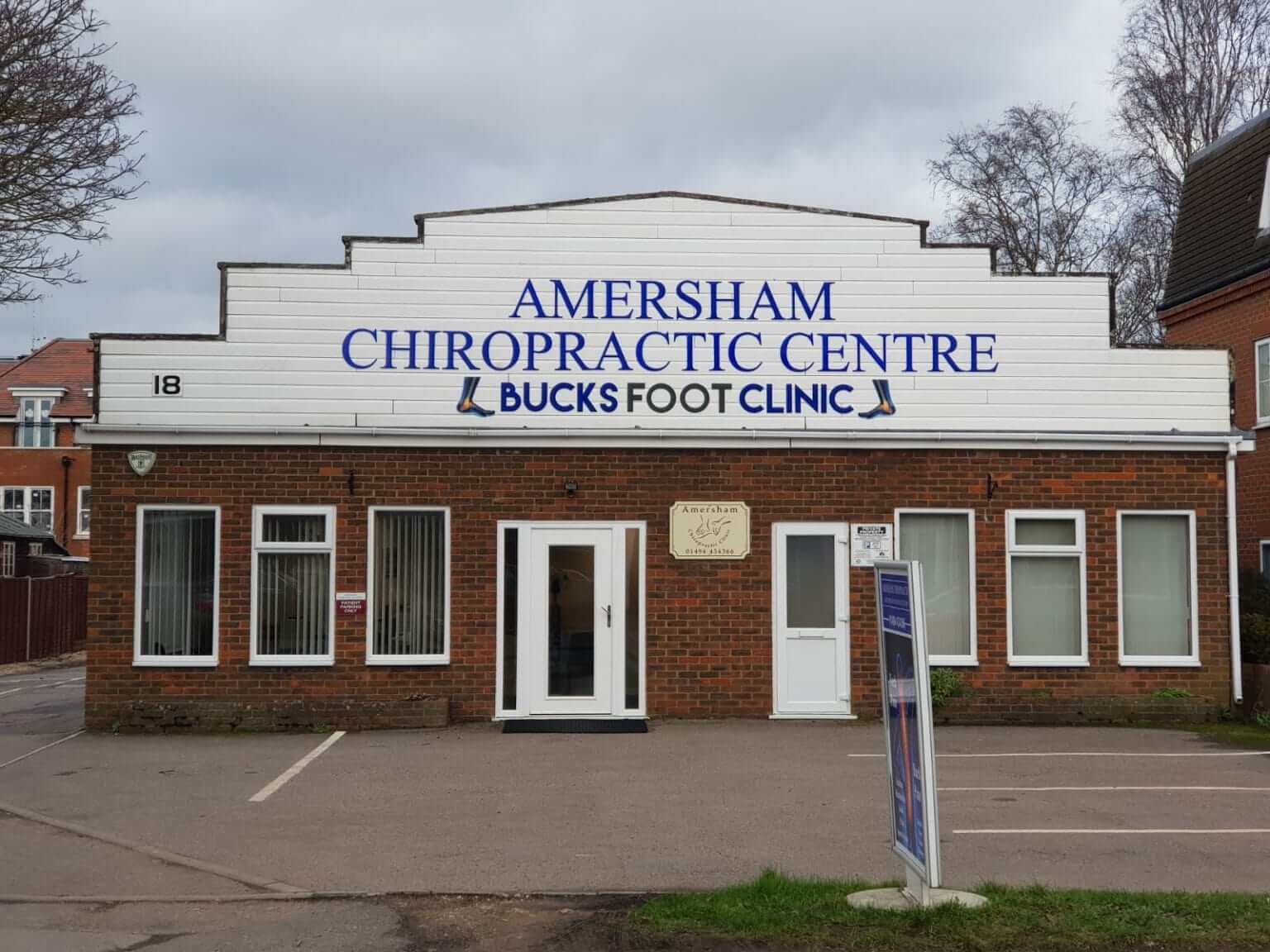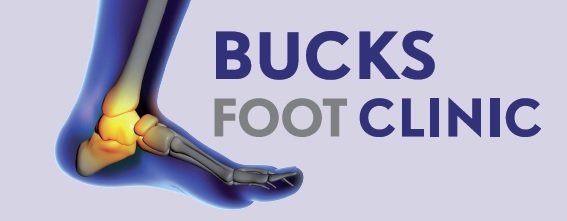
How to remove or treat an ingrown toenails infection?
An infected ingrown toenail causes slow pain that might be easy to ignore, however, if it remains untreated, your red and swollen toenail will result in unbearable pain.
In this article, you will determine how to treat an ingrown toenails infection, but first, let’s understand what exactly is an ingrown toenails infection?
What is an ingrown toenails infection?
An ingrown toenails infection occurs when the edge of the toenail starts growing into the skin.
If left untreated, ingrown toenails can result in infections that can easily spread into the bone structure of your foot.
The condition can happen to anyone, however, people who are suffering from diabetes are more likely to experience ingrown toenails.
What are the causes of an ingrown toenails infection?
Ingrown toenails infection may occur commonly in patients suffering from diabetes or similar conditions that result in poor blood circulation. However, there are other causes of ingrown toenails as well:
- Sports and activities such as football, skiing, dancing.
- Trimming your toenail too short.
- Toenail injury.
- Too tight or too narrow footwear that puts pressure on your toenails.
- Curved toenails.
- Poor foot hygiene.
Symptoms of an ingrown toenails infection
Like any other serious condition, an ingrown toenail starts with unnoticeable symptoms that escalate with time. It is essential to pay attention to these early warning signs to prevent serious complications.
Some of the common symptoms of an infected ingrown toenails infection include:
- Redness or swelling around the nail.
- Pain upon touching.
- Foul smell.
- Warmth around the nail.
- Yellow and thick toenails.
Ingrown toenail remedies Amersham
If you have successfully detected this infection’s early warning signs, ingrown toenails treatment is very easy.
The following are some of the ingrown toenail remedies Amersham.
- Never try to pull on your infected toenail.
- Add 1 or 2 tablespoons of Epsom salts in lukewarm water and soak your foot for about 20 minutes to significantly reduce pain.
- Apply antifungal or antibiotic cream to the nail and skin around the nail.
- Take pain medication to reduce swelling and discomfort.
- Always keep your feet dry unless you are soaking for ingrown toenails treatment.
- Always wear comfortable shoes.
- If the intensity of your pain and discomfort does not alleviate within a few days, then it is best to see a foot doctor by searching for: ‘Ingrown toenails cure near me.’
When to see a foot doctor?
If you are experiencing the following symptoms, you should visit a foot doctor for your ingrown toenail:
- If your condition is worsening even after applying homemade remedies.
- If you are having trouble walking due to unbearable pain.
- If you have a medical condition such as diabetes or similar conditions that results in poor blood circulation.
- If the symptom of an ingrown toenails keeps coming back.
- If antifungal or antibiotic creams have not worked.
All you have to do is search ‘Ingrown toenails cure near me,’ and you will be able to find the best chiropractor or podiatrist to treat your condition.
How do chiropractors or podiatrists treat an ingrown toenail?
The diagnosis of an ingrown toenail is simple and straightforward. For a proper diagnosis, your chiropractor or podiatrist will take into account your medical history.
After a careful analysis of your medical history, your doctor will start the treatment by applying antibiotic-soaked gauze under your nail to eliminate the infection.
The doctor will also trim the part of your nails that is ingrown. Sometimes, due to the seriousness of the case, your foot doctor might recommend foot surgery as well.
Conclusion
An infected toenail is enough to impact your productivity. By detected the early warning signs of ingrown toenails infection.
You can always apply different homemade treatments, but if you think there is no improvement, it is best to schedule an appointment with your chiropractor or podiatrist.
Please Visit our website
Please call us on 0800 107 3290 / 077 99 122 099 Or contact us
